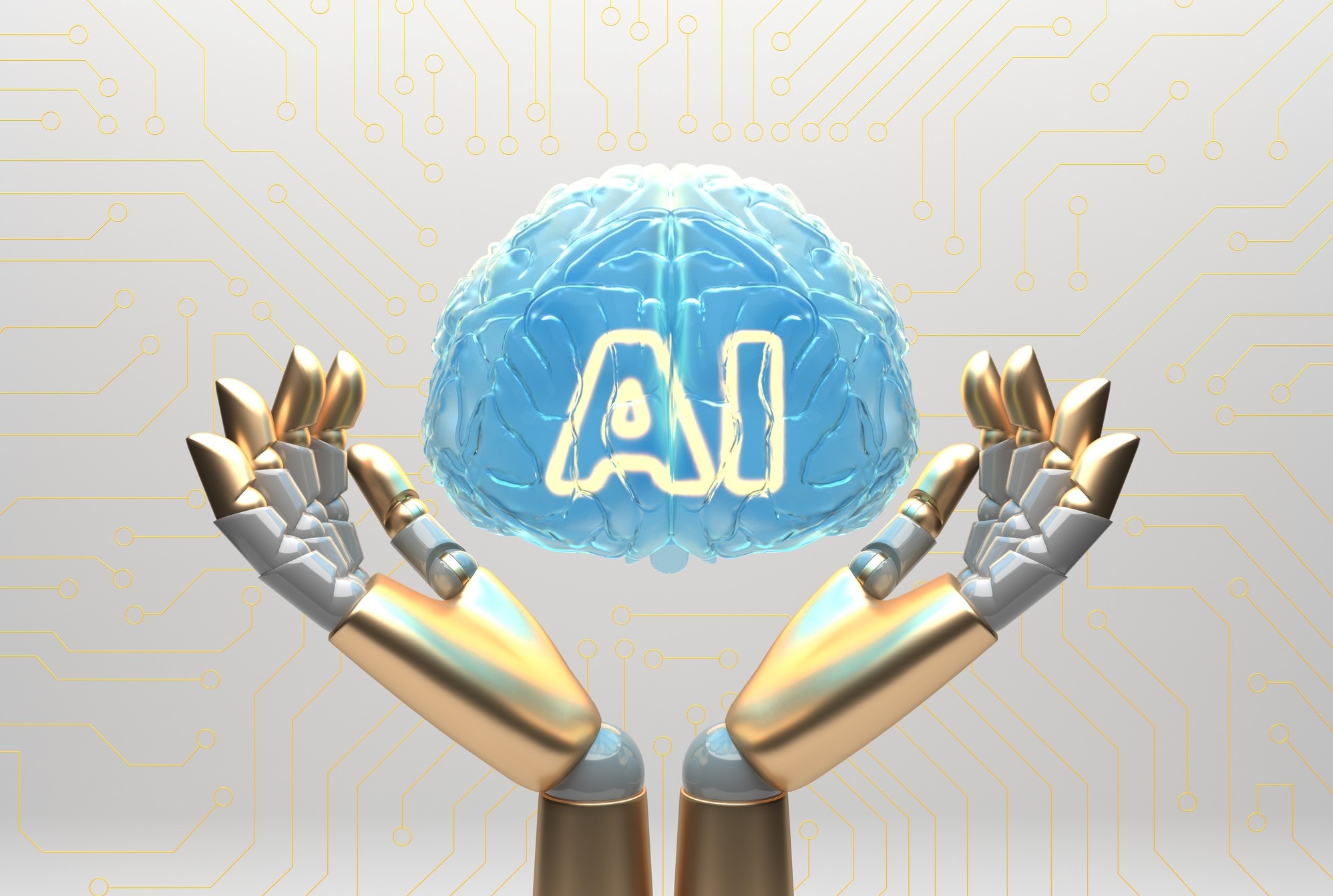


An AI answering service leverages artificial intelligence to manage calls in a manner that closely resembles a human operator. In simple terms, AI is set to become a major force in technology.
An answering service operates as a third-party solution that takes calls and relays messages for businesses. While this function resembles that of a traditional call center, an answering service can also handle other types of communication, such as web chat and email, in addition to processing phone orders, qualifying leads, and responding to frequently asked questions.
With advancements in big data and automation progressing rapidly, the development of artificial intelligence is growing at an impressive rate. In the realm of answering services, recent enhancements in AI technology have improved the human-like qualities of automated receptionists. This ability to mimic a human interaction opens up vast possibilities and applications.
Enhanced productivity:
Every call presents a chance to deliver outstanding customer service and increase sales. However, at times, answering calls can become a distracting task that you simply lack the time for.
With an AI answering service, calls are filtered and prioritized based on specific client needs, allowing your team to focus on crucial tasks while still addressing customer requirements. It can also take messages when staff members are unavailable.
Reduced operational costs:
Building an in-house team to handle calls can be both costly and time-consuming. Along with the various challenges that accompany creating a new team in healthcare, you’ll have to secure new office space, hire personnel, and invest in a suitable phone system.
AI answering services offer the flexibility to adjust call handling according to evolving client demands.
Minimized human error:
One of the key advantages of artificial intelligence in healthcare is its ability to substantially reduce errors, thereby enhancing accuracy and precision. AI’s decision-making at each stage is governed by initial data and a defined set of algorithms. When properly programmed, many errors can be completely eliminated.
24/7 customer support:
Outstanding customer service is crucial for the growth of any service-based industry. Providing exceptional support can also serve as a significant competitive edge.
A 24/7 medical answering service ensures that clients have access to a dedicated team of receptionists who know the organization well, allowing for the valued personal touch that clients appreciate. Both new and returning clients will feel a sense of importance.
Improved diagnostic process efficiency:
Today’s medical answering services utilize patient data to assess past and present health issues. By comparing relevant disease specifics, healthcare professionals are better equipped to make accurate diagnoses. Many mobile healthcare applications have analyzed millions of symptoms and diagnoses, enabling them to predict potential future health issues.
A positive first impression:
Even for new healthcare startups or established services, a professional answering service helps maintain a strong company image and fosters solid client relationships.
Having a competent receptionist available at all times can significantly impact first impressions, as a customer’s experience begins the moment their call is answered.
Enhanced quality of care:
Unorganized and overcrowded healthcare facilities can lead to negative experiences for patients. AI answering services can aid patients in quickly navigating information, acquiring reports, and being directed to the appropriate resources, thus preventing the usual confusion experienced in hospitals and healthcare settings.
Insurance verification and claims assistance:
With an AI answering service, patients can easily verify their current coverage, submit claims, or check existing claim statuses, all through a single access point.
This setup allows physicians to pre-authorize billing and respond quickly to requests from patients or healthcare authorities, as they will have immediate access to relevant information.
Bots are designed to analyze the latest patient needs and healthcare information, eliminating the need for extensive training. This capability enables these systems to focus on handling practical tasks and solving complex issues. Bots efficiently manage repetitive tasks and assist clients by recognizing their behavioral patterns.
On average, a typical person is productive for only three to four hours a day. Therefore, humans tend to be less efficient than AI answering services, as they often require breaks and time off to balance work and personal life. In contrast, AI can function continuously without being limited by time zones or holidays.
Simboconnect serves as a notable example of a popular AI-driven communication platform. This AI-powered medical scheduling tool is capable of placing and receiving calls, helping medical professionals alleviate their workload by addressing up to 30% of inquiries autonomously.
SimboConnect can assist with the following:
Moreover, SimboConnect can automate all outbound calls and triage patients to collect essential clinical information or deliver updates, such as post-procedure follow-ups, medication adjustments, and completing custom patient intake forms, among other tasks.